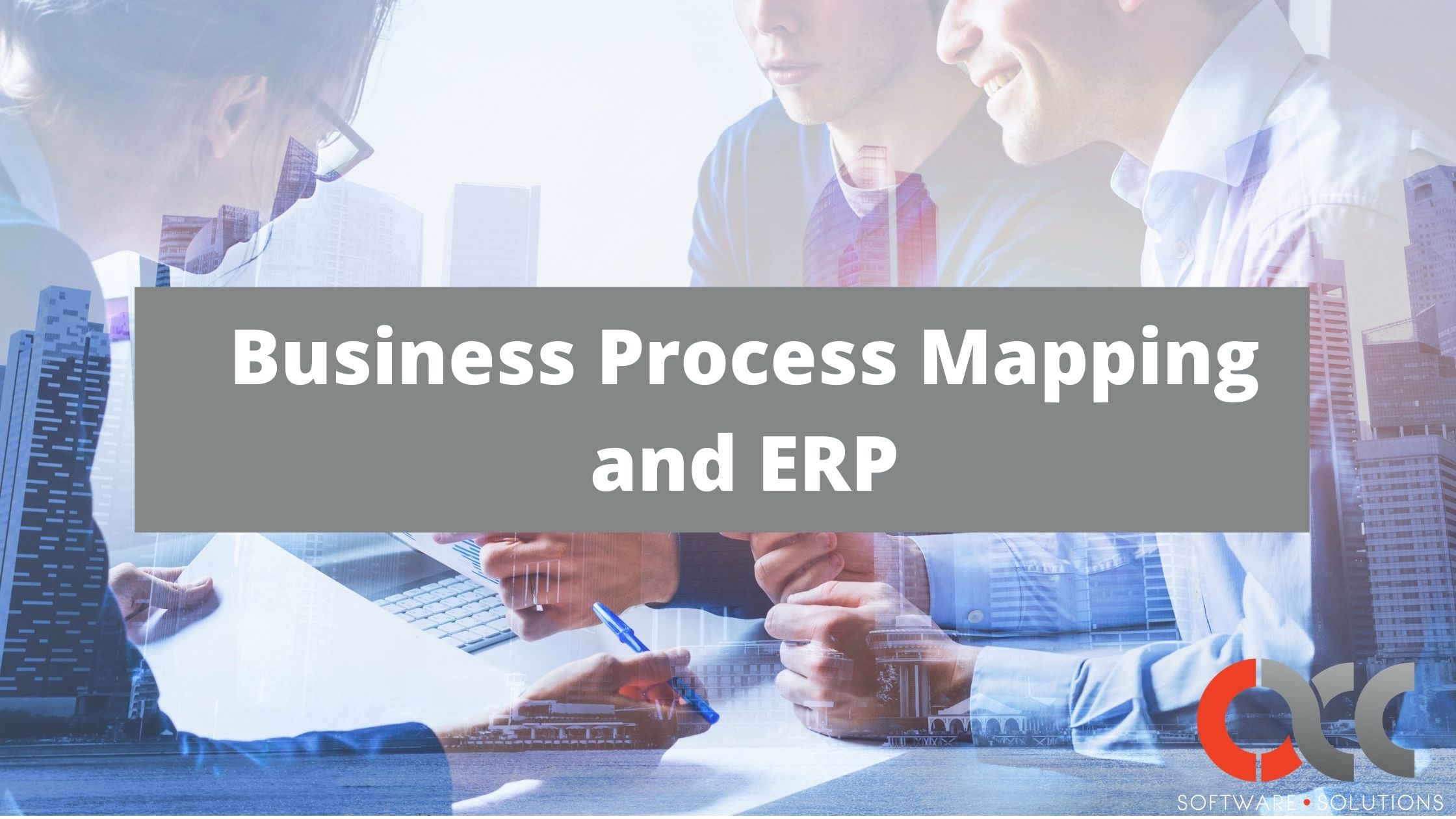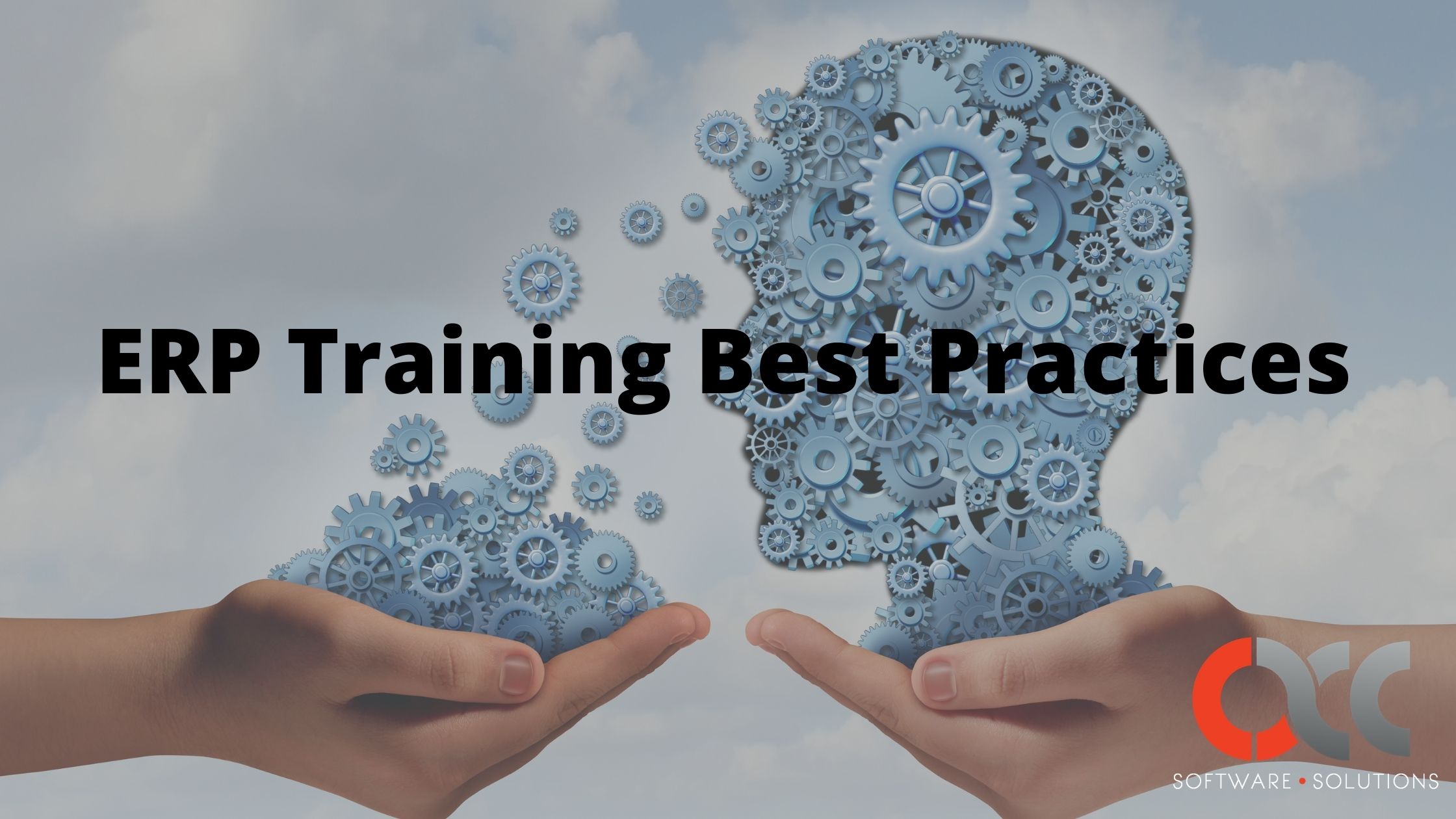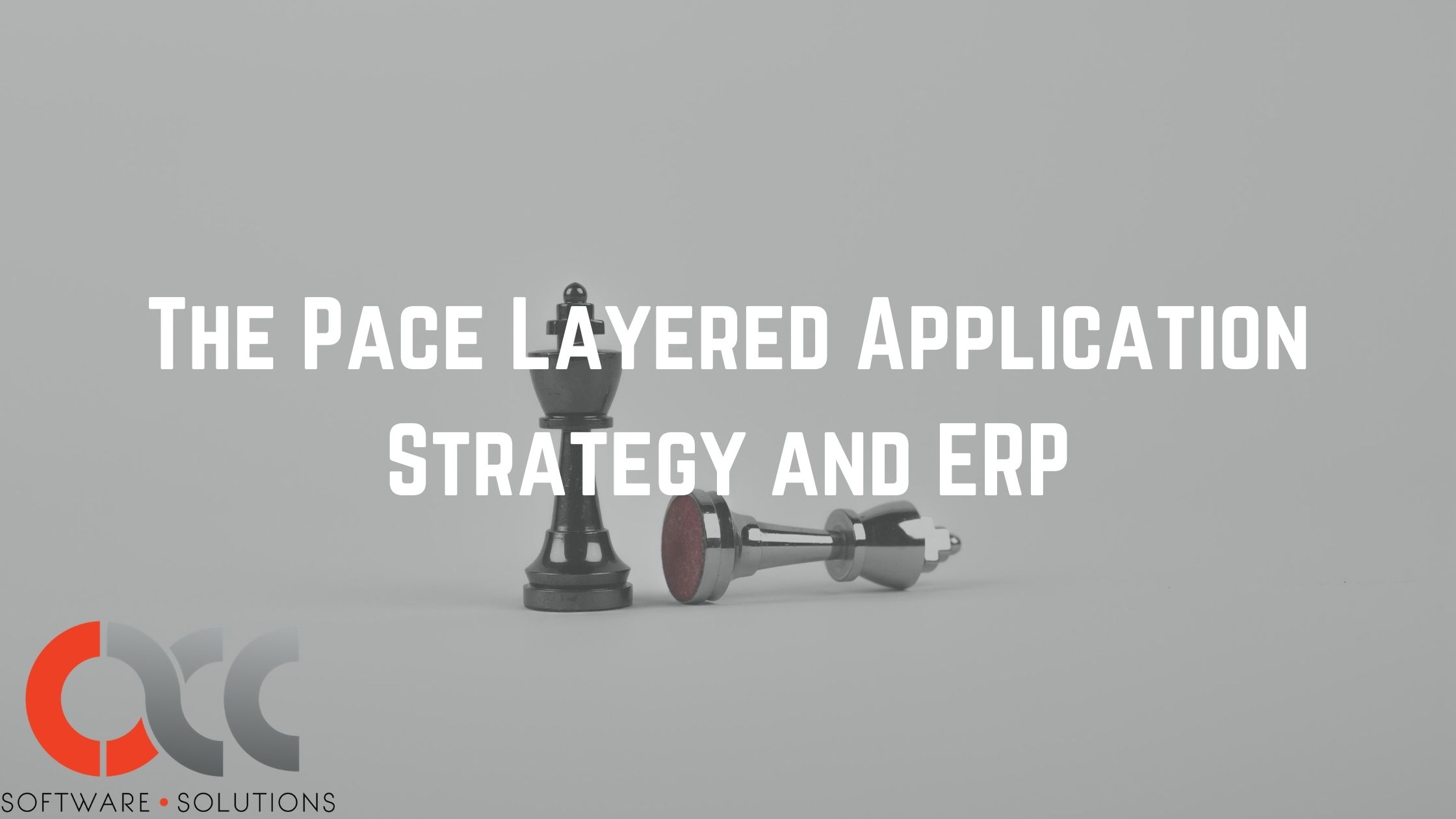
Are you an ERP hero? Find out how searching for an ERP solution for your company makes you like Luke Skywalker and how ACC can help you beat Darth Vader! The Hero’s Journey dictates the precise steps that a hero must take along their path to success. These include a call to action, help from a mentor and/or supernatural force, some set-backs along the way, and ultimately a decisive victory.

Before beginning any ERP project, it’s critical to ensure that the entire organization understands the reasons and strategy behind the move. If you don’t have sufficient buy-in, your ERP project is likely doomed for failure. By following these tips you can secure organizational buy-in early on, keep your project on track, your team engaged, and your business thriving.

I recently worked on my first Acumatica Implementation and being new to the process and product I thought I would share some insight into how to get started. My first question was, “what do I do and how do I get started?” I know what to do with the other ERP systems I’ve implemented but what about Acumatica? This post highlights my experience as a Senior ERP Consultant during my first Acumatica implementation.

You’ll need to have a clear understanding of where you are, and where you want your business to be in the future before you can plan your ERP journey. Having clearly defined current and future state business processes is a distinct advantage that reduces the time, effort and cost associated with business management software initiatives. The upfront costs of putting together comprehensive process documentation will not outweigh the long-term benefits.

Even the best software is useless if your end-users aren’t using it effectively. And yet, lack of or inadequate end-user training is one of the most common reasons for ERP software implementation failure. Here is our list of ERP training best practices, tips, and recommendations.

A Pace-Layered Application strategy will allow organizations to manage a diverse portfolio of business applications and technologies, serving different purposes, while delivering a faster response time, greater return on investment, without sacrificing integration, data integrity, or governance. This will help ensure that ERP systems support agility, differentiation, and innovation rather than stifling it.
Solutions by Industry